War in Ukraine: 'How can I sell my harvest if there's no market?'
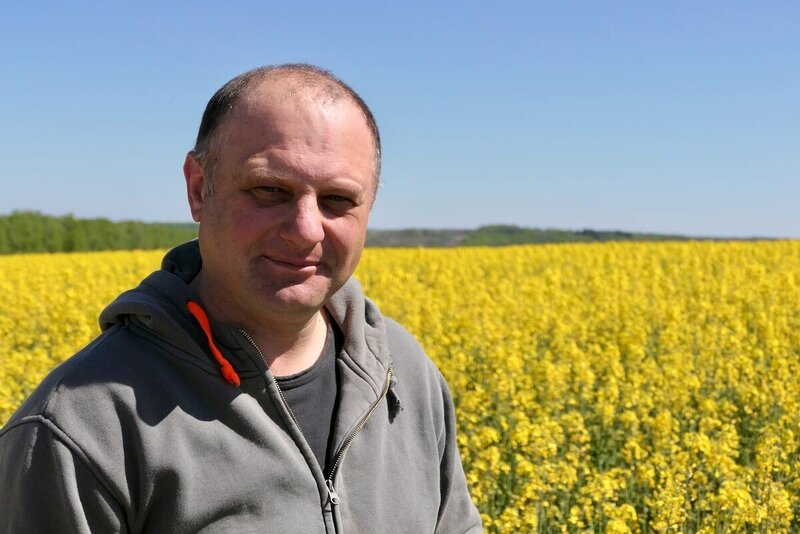
Farmer Andriy’s blazing, yellow-topped rapeseed plants gently sway in the breeze as bees buzz between them. This picture-postcard scene in Ukraine’s Vinnytsia Oblast is stunning, but Andriy is far from content here. He's constantly fidgeting, and his face shows his uneasiness.
A year ago, he sold a ton of corn for US$265 (8,000 Ukrainian Hryvnia). If Andriy can find a buyer this year, the best price he'll get is half that. He's equally worried about his wheat harvest, which may end up sitting in silos rather than being turned into bread.
“How can I sell my harvest if there's no market?” Andriy asks himself out loud.
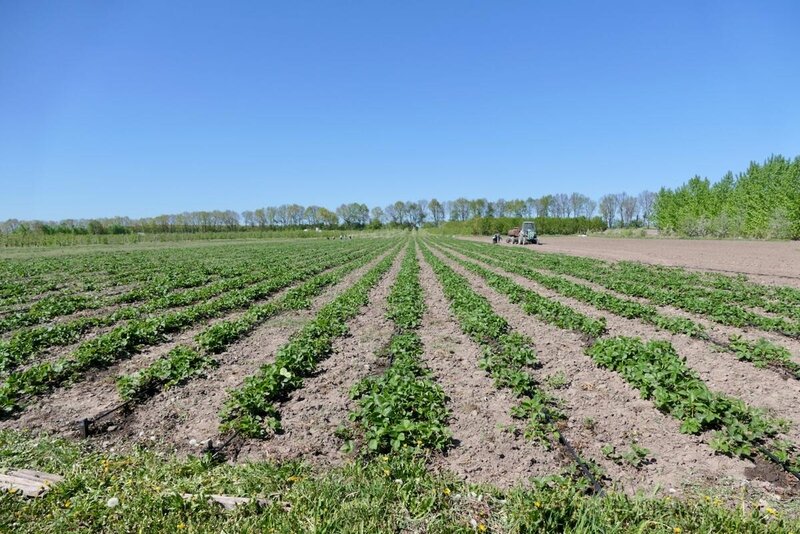
As record numbers of people across the world wonder what they will eat tomorrow, harvests from Ukrainian farms such as Andriy’s are failing to be shipped to the destinations where they are needed most.
The World Food Programme (WFP) is calling for the immediate reopening of Black Sea ports – including Odesa – so that critical food from Ukraine can reach people facing food insecurity in countries such as Afghanistan, Ethiopia, South Sudan, Syria and Yemen, where millions are on the brink of famine.
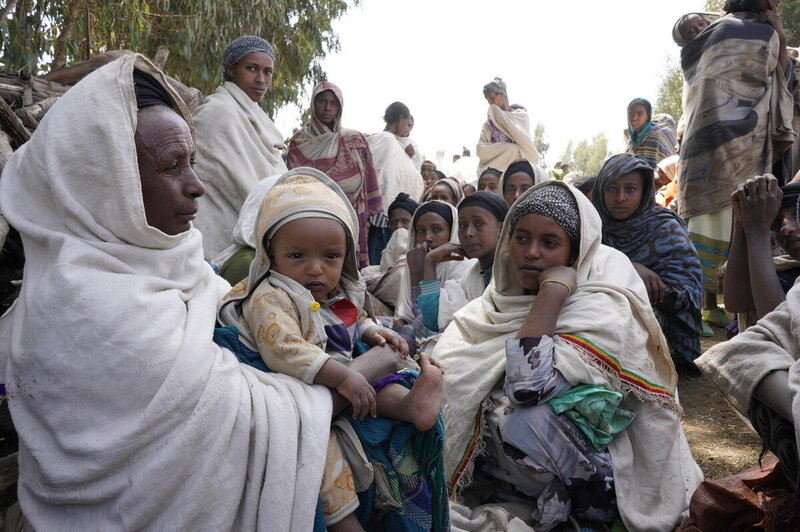
For Andriy and the farmers of a country whose grains help feed 400 million people last year, the range of problems caused by the war and the blockade of the ports feel unsurmountable.
Whether his crops sell for low prices, are kept in expensive storage, or in a worst-case scenario, are destroyed, the outcome will be a blow to him, the economy, his ten employees and the intended consumers.
“We used to live happily but not anymore,” he says. “There's an unease now, and we're always afraid that everything we've worked for over our lifetimes might be gone tomorrow.”
The conflict has spared his region so far, but uncertainty looms over a country that has already witnessed 6 million people leave due to conflict, and where 8 million people are internally displaced.
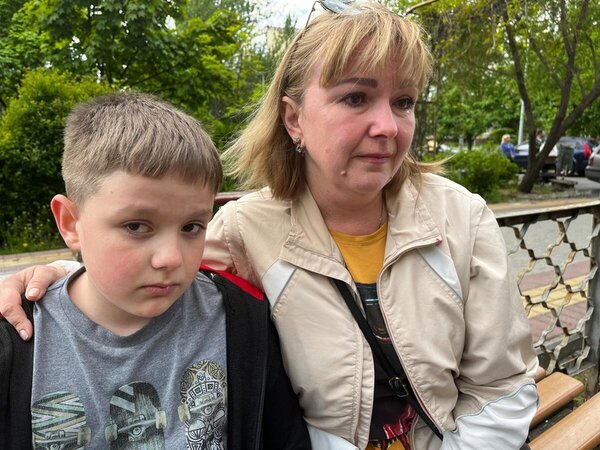
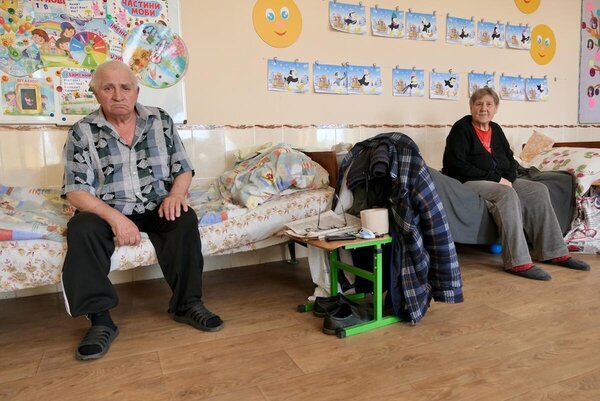
WFP is supporting people in Ukraine several ways. The number of households receiving cash soared from 56,000 to 550,000 in one week, after WFP and the Government worked together on identifying internally displaced people and others needing support. In total, US$68 million has now been distributed to nearly 877,000 people in all 24 oblasts of the country.
WFP also provides food assistance through monthly rations and immediate food rations. So far, it has reached nearly 4.3 million people across the country. WFP sources wheat locally to supply the country's bakeries, so they can make around 2 million loaves of bread that we have distributed to over 2 million people.
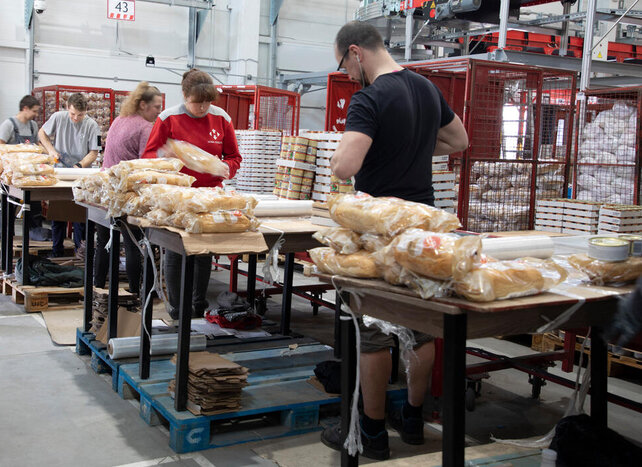
However, the consequences of the conflict in Ukraine are radiating outwards, triggering a wave of collateral hunger that is spreading across the globe. In 81 countries where WFP works, acute hunger is expected to rise by 47 million people if the conflict in Ukraine continues unabated.
Andriy is one of the countless Ukrainian farmers facing an export predicament. Their cumulative inability to export crops will have global ramifications, particularly for the Middle East and North Africa. Countries across that region are expected to be severely affected by the ripple effect of the Ukraine crisis given their heavy reliance on imports of food and energy, leaving them vulnerable to higher food prices.
In that region, WFP cash transfers have proven to be an efficient way of providing humanitarian assistance. As people can decide how and where to spend their cash depending on their needs, it can help support objectives beyond food consumption in both emergencies and developmental contexts like those throughout the Middle East, where the World Food Programme has already transferred US$362 million to vulnerable people in 2022.
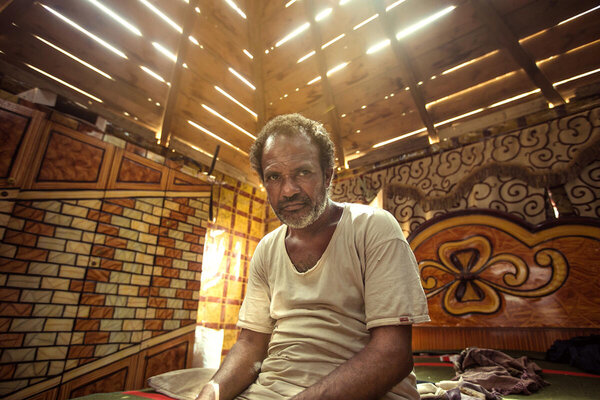
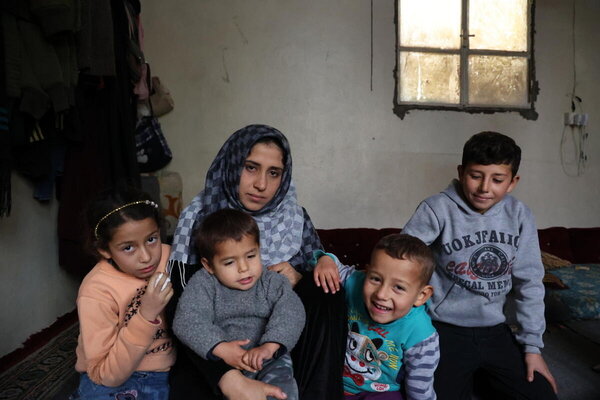
Meanwhile, there is another reason for Andriy to be worried: climate change. During his lifetime, the impact of climate change meant reduced yields, and he's fearful that it will worsen.
"Climate change is big, and it's real,“ he says.
He has been a farmer his whole life, during which time he's noticed rainfall becoming more erratic, less snow in winter and a gentle shift in seasonal patterns.
The local community looks to be hit hard, as farm employees and their families depend on crop profits as their primary livelihood. In anticipation of a bad season, Andriy has been helping the community by providing micro-loans. He does that also to discourage people from seeking work in Europe.
Adding to woes, fertilizer prices in Ukraine have tripled in recent months. Gas prices increase daily. Rationed petrol makes transport prohibitively expensive and complex.
“There's a possibility I won't be able to pay the workers. All I can do is rely on the hope that doesn't happen,” he explains.
Food access issues seem like a bad joke to Ukrainian farmers like Andriy. They have the food right there, ready to go, so the fact that people in countries like Syria and Egypt are eating less at higher costs is just too hard to fathom. He’s grateful for the support that his country receives but will continue to rely on the hope that the consequences of high costs, conflict and climate change are short-lived.
This article was updated on 25 May 2022
